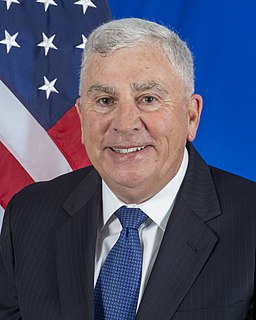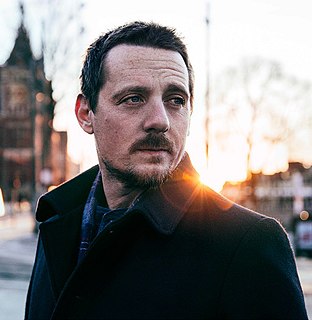A Quote by Aaron Sorkin
Related Quotes
The truth is that all civic and social change is friction. Politics is friction. The only way you can bend the arc of history is to create that kind of friction, which is something that makes most people incredibly uncomfortable but which, for whatever reason, because of my upbringing or because of my genetics, is something that doesn't bug me.
I do have a side as a citizen, and I've always expressed it, and that's where I've gotten into misunderstandings, because some people see me as a leftist nut or whatever. A conspiracy nut. All that stuff. These are definitions that don't really apply to a dramatist, because a dramatist is working from empathy.
Looking back on it, now I can identify the points in my life when I wasn't playing, and music - and didn't have that outlet - those were the points when I was most unguided and self destructive because I didn't have that channel to get those energies out. I'm a much healthier person when I play music.
We need to understand that we are not each others' enemies in this country. And it is only the political class that derives its power by creating friction. It is only the media that derives its importance by creating friction... that uses every little thing to create this chasm between people. This is not who we are.
There's such an energy created when the world is turned upside down, and when things are good again it's nice to take note. Then it goes away. Change. Change means friction. Friction happens where things aren't quite right, when everything is separating, when nothing is the same. Later you piece it back together.
When you're dealing with a problem as complex as autism, you have to look at it from many different points of view and assemble evidence from many different vantage points. Biological evidence in humans and in animals, toxicologic evidence, how does the body deal with toxins, and evidence looking at the actual experience in populations.
You have seen that the universe is at root a magical illusion and a fabulous game, and that there is no separate "you" to get something out of it, as if life were a bank to be robbed. The only real "you" is the one that comes and goes, manifests and withdraws itself eternally in and as every conscious being. For "you" is the universe looking at itself from billions of points of view, points that come and go so that the vision is forever new.




































